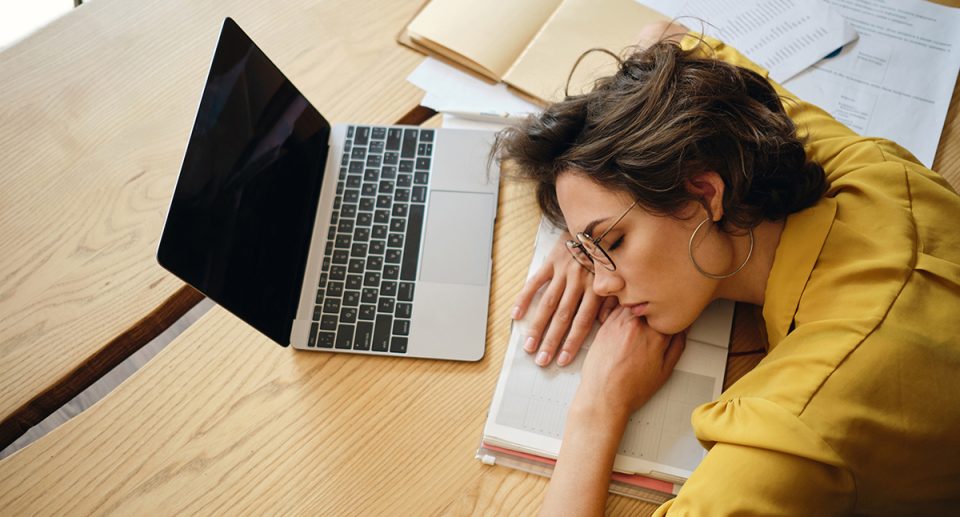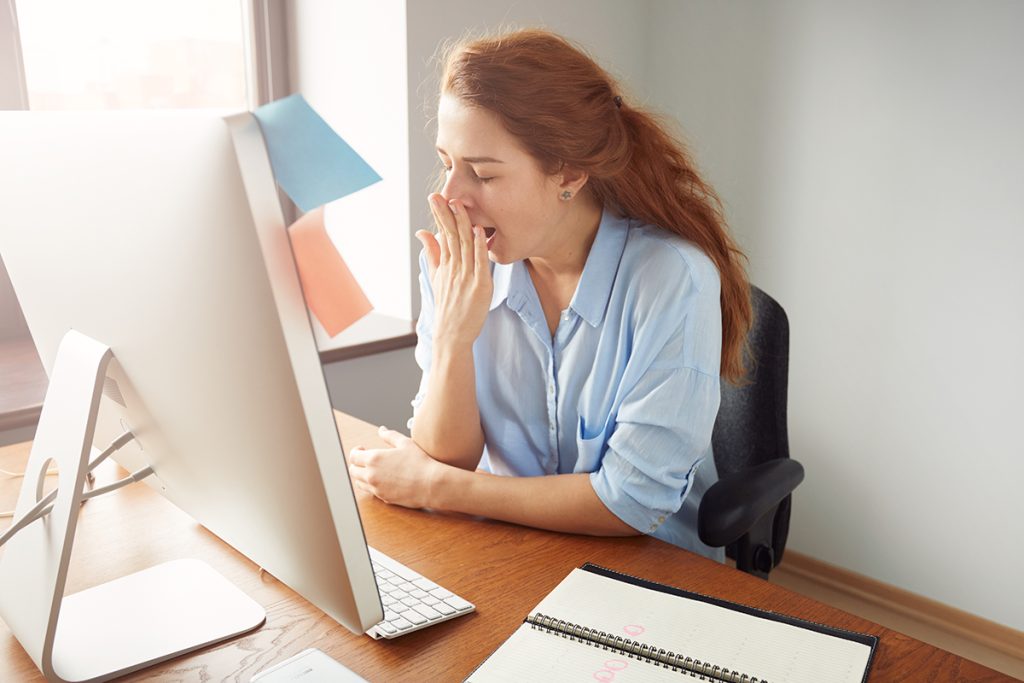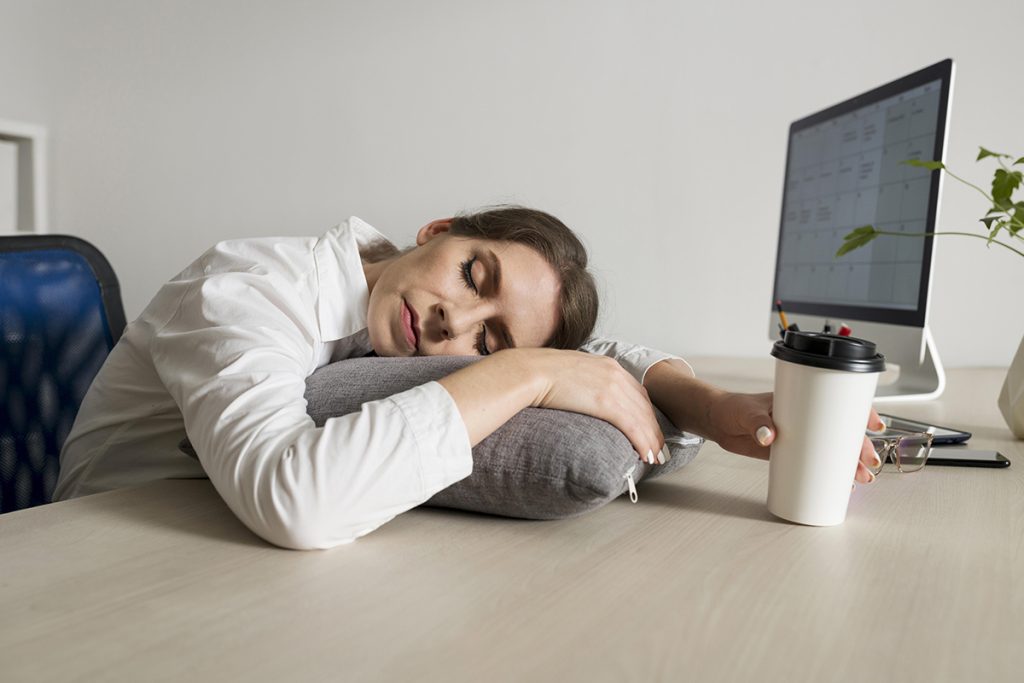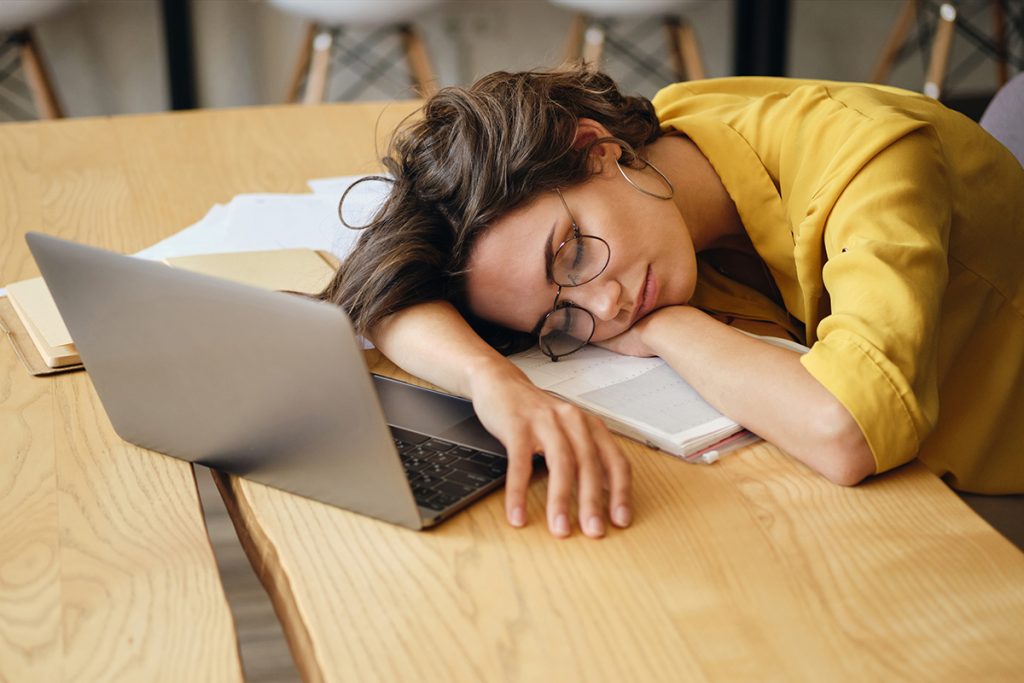Why you should take a nap during the day

Do you fancy a longer lunch break? Then show this article to your boss. Who knows, perhaps you might get paid siestas soon. Because according to science, taking a nap during the day is very beneficial for the brain. And therefore for your work as well!
Even if you always go to bed at the ideal time, your eyelids may already be dropping by noon. Unfortunately, most of us do not live in Spain. So, colleagues will look at you strangely when you decide to take a short nap at the office.
Unless, of course, you show all of those empty heads surrounding you this brand new study: “Association between daytime napping and greater total brain volume” (*).

A nap during the day is good for the brain
A larger brain volume is associated with a lower risk of dementia and other degenerative diseases. And research from the prestigious University College London found a small but significant increase in this brain volume in people who often nap during the day.
In fact, the average difference in brain volume between the sleepers and non-sleepers studied equates to an aging of 2.5 to 6.5 years. People who never spontaneously close their eyes during the day generally not only age faster, but they are also more likely to develop brain disorders later on.
Moreover, it was not a small research. The British researchers used a technique called Mendelian randomization to analyze DNA samples and brain scans from 35,080 people aged between 40 and 69.
The scientists first looked at parts of the genetic code linked to regular napping. They then compared the brain health of people who napped frequently with the cognition of people who never napped. The results showed that a short nap of 5 to 15 minutes after noon can make a big difference in brain health, especially later in life.
However, the guinea pigs entered themselves how often they took a nap during the day. In addition, the researchers have not collected any information about the duration of the nap, which can of course also have an influence. But hey, your boss doesn’t need to know that!

Useful tips for napping during the day
Napping offers benefits to individuals of all ages, with numerous studies highlighting its ability to alleviate daytime sleepiness and enhance learning and performance. For shift workers, naps can effectively enhance alertness and reaction times.
Nevertheless, if you find that napping disrupts your nighttime sleep or fails to rejuvenate you, it’s possible that you may not be someone who derives advantages from midday rest. However, if you experience fatigue throughout the day, consider opting for brief naps lasting less than 20 minutes. Sleep experts generally advise taking naps prior to 2 p.m. to minimize their impact on your nighttime sleep.

To prevent the groggy sensation of sleep inertia upon waking from a nap, consuming a small amount of caffeine before your nap can be beneficial. This is due to the delayed effects of caffeine on the body, allowing it to take effect gradually while you sleep.
If circumstances prevent you from taking a nap, exposing yourself to bright sunlight can help replenish your energy levels. And to prevent oversleeping, it’s advisable to set an alarm to ensure that your nap lasts no longer than 20 minutes.
Lastly, when seeking a suitable place to nap, look for a cool, tranquil, and dark environment. Alternatively, you can consider using an eye mask and earplugs to create a similar ambiance.

Why you should take a nap during the day conclusion
While napping may not be feasible for everyone, if you find that it leaves you feeling refreshed and revitalized, feel free to indulge in it as it offers beneficial effects for your well-being.
If you require permission from your boss to have additional time for napping, it’s important to understand that persuasion relies on employing effective strategies. The insights and clarity on this matter may become apparent to you, especially after experiencing productive afternoon naps. Enjoy your nap time and its benefits!



















